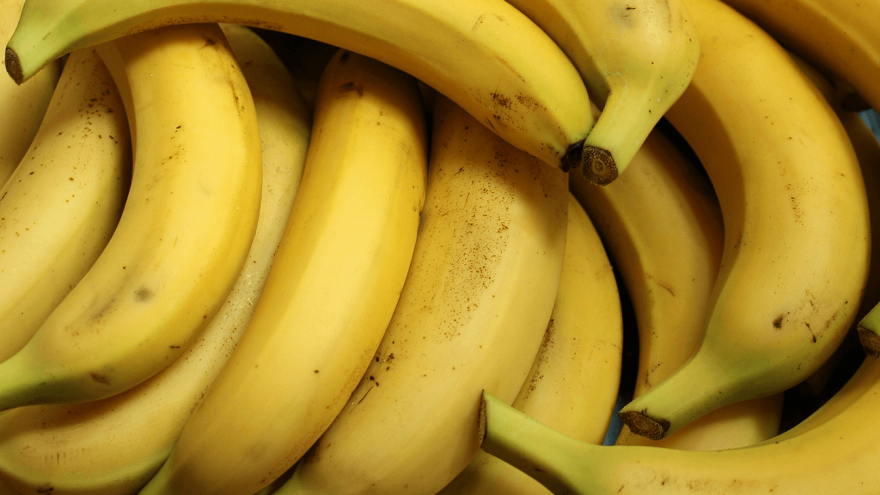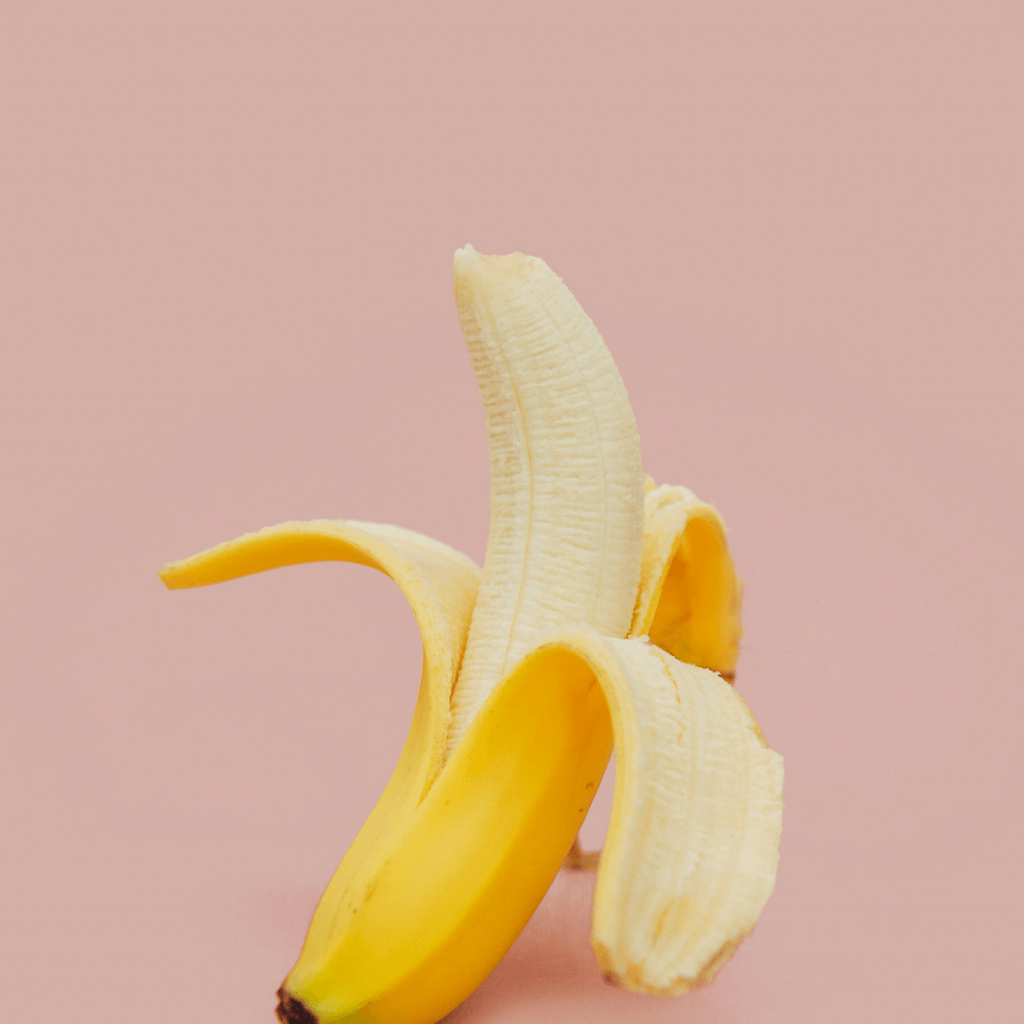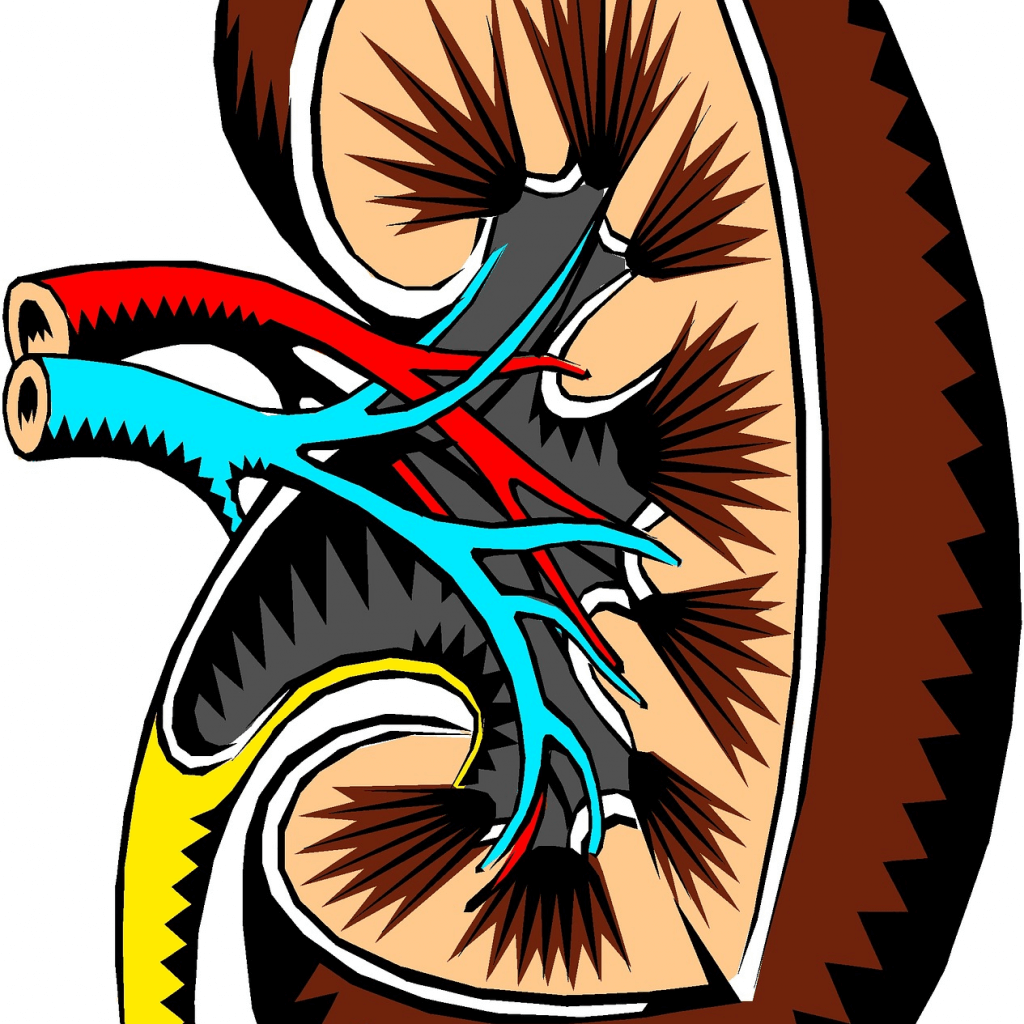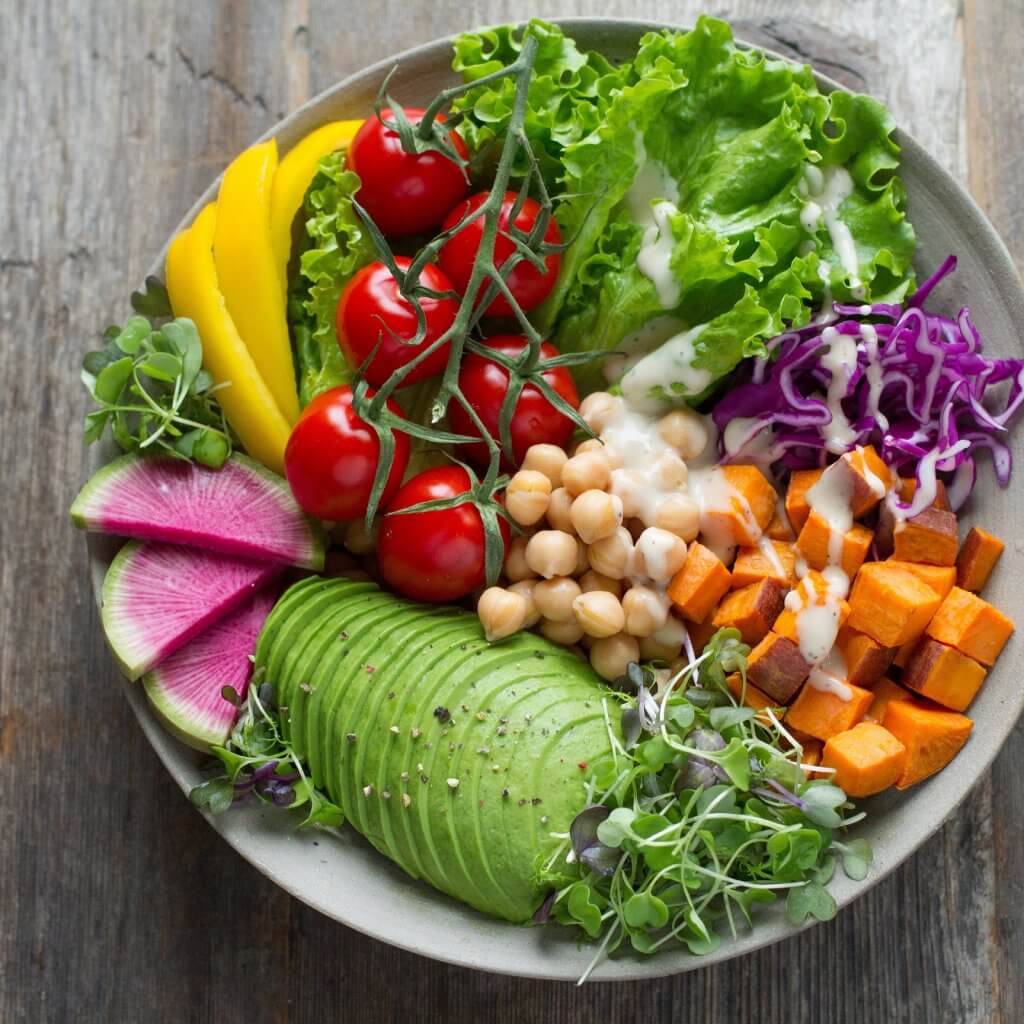Why Bananas Stands Its Ground Against Superfoods

Did you know that bananas were purportedly the original superfood? In 1917, a then American corporation, the United Fruit Company, published a number of informational pamphlets on the nutritional value of bananas as part of a huge advertising drive. These pamphlets, including The food value of the banana, focused on the practicality of including bananas in one’s diet, stressing factors like convenience, availability, affordability and nutritional value. And while these pamphlets certainly changed people’s perceptions about this humble fruit, it wasn’t until scientists started publishing potential links between banana consumption and the treatment of certain diseases that its superfood status truly took off.

But does the banana still live up to this status in modern times? Even amidst an ever-increasing array of other nutrient-rich foods from across the globe becoming well-known and easily accessible to nations everywhere? Yes, it sure does! Here’s why the humble banana is still worthy of the hype.
Why bananas are awesome
1. It can positively impact your heart health
The US Food & Drug Administration (FDA) states that “diets higher in potassium can help control blood pressure by reducing the blood-pressure-raising effects of sodium”. So if you’re guilty of indulging in sodium-rich, packaged foods a little too often, be sure to include plenty of potassium-rich bananas in your diet while you work on ditching those overly-processed foods for good.
But that’s not all. A study published in JCI Insight in 2017 highlighted yet another way in which a potassium-rich diet may benefit heart health. In this animal-based study, it was shown that “reduced dietary potassium (0.3%) promoted atherosclerotic vascular calcification and increased aortic stiffness”, whereas “increased dietary potassium (2.1%) attenuated vascular calcification and aortic stiffness”. Which means that a diet rich in potassium may play an important role in keeping those arteries in tip-top shape.
2. It may help combat depression
Bananas are also rich in tryptophan, a substance that is converted to serotonin in the body. Serotonin, in turn, acts as a mood-lifting neurotransmitter in the brain – happy day!

3. It can help you sleep better
Struggling to get enough good-quality sleep? Try munching a banana before bed. Rich in sleep-inducing tryptophan, bananas also contain Vitamin B6 and magnesium – two nutrients that play an important role in the aiding of sleep and relaxation of muscles, respectively.
4. It may improve digestion and gut health
Did you know that you can get up to 10% of your daily fiber needs from a single banana? Not only will this aid digestion and help keep you regular, but it will also make you feel full for longer.
According to a 2017 review published in Nutrition Bulletin, bananas are furthermore also a good source of resistant starch (RS), i.e. “a type of starch that resists digestion in the small intestine”. And why is this important? According to the findings of the review, promising results were found with regard to the impact of RS on gut health markers, meaning that “further research may lead to the classification of RS as a prebiotic”. All in all, the review concluded that “RS possesses positive properties as a healthy food component”.
5. It may help protect against kidney cancer
A cohort study published in the International Journal of Cancer in 2005 looked at dietary information gathered from 61,000 Swedish women aged 40 to 76. Over a 13.4-year follow-up period, 122 of these women developed renal cell carcinoma (RCC) or kidney cancer. It was found that those women who consumed five or more servings of fruit and vegetables daily had a 40% lower risk of developing kidney cancer than those who consumed less than one serving per day. But how is this relevant to the potential health impacts of bananas? Interestingly enough, when fruits and vegetable consumption was studied individually, the research team found that, of the fruits, bananas showed the strongest inverse association with RCC risk. In other words, those who ingested the most bananas also showed the lowest risk for RCC. This phenomenon likely boils down to the high levels of antioxidant phenolic compounds found in bananas.

So does the humble banana stand its ground against modern-day superfoods?
Based on the evidence above, it is clear that bananas pack a nutritional punch. But can it be considered to qualify as a superfood? And, if so, does it stand its ground against modern-day superfoods? Yes and yes! The Merriam-Webster dictionary defines the term “superfood” as “a food … that is rich in compounds (such as antioxidants, fiber, or fatty acids) considered beneficial to a person’s health”. And while you’ll agree that this definition is very broad, there’s no doubt that, based on the research findings detailed above, bananas do fit the bill. They’re literally bursting with compounds that are potentially beneficial to our health! And are they comparable to modern-day superfoods like kelp, cacao, and kale? Based on the current definition of superfoods, we sure think so.
A note of caution
It’s important to keep in mind, though, that, in itself, bananas are not the golden key to better health and increased vitality. Yes, it contains a wealth of nutrients that will fuel and nourish your body. But, sadly, chucking down a banana a day is not likely to negate the negative impacts of an otherwise sedentary and unhealthy lifestyle. So, by all means, enjoy your ‘nanas. But remember to keep the rest of your diet balanced, varied and wholesome too.

Oh, and don’t forget to get out there and move!
Sources
- , Superfoods or Superhype?, Online publication
- , Bananas: Health Benefits, Risks & Nutrition Facts, Online publication
- , Use the Nutrition Facts Label to Reduce Your Intake of Sodium in Your Diet, Online publication
- , Dietary potassium regulates vascular calcification and arterial stiffness, Scientific journal
- , Health effects of resistant starch, Scientific journal
- , Fruits, vegetables and risk of renal cell carcinoma: a prospective study of Swedish women, Scientific journal
Latest Articles
 Is Running on a Treadmill Easier Than Running Outside?Runners have their own preferences, whether it is treadmill running, running outside on the road, or exploring trails. So...
Is Running on a Treadmill Easier Than Running Outside?Runners have their own preferences, whether it is treadmill running, running outside on the road, or exploring trails. So... Is It OK to Use Trail Running Shoes on the Road?While trail running shoes can be used on roads, especially in situations where a runner encounters mixed terrains or pref...
Is It OK to Use Trail Running Shoes on the Road?While trail running shoes can be used on roads, especially in situations where a runner encounters mixed terrains or pref... How to Fix Sore Quads After Running?Rest, ice, gentle stretching, and over-the-counter pain relievers can help soothe sore quads after running. Also, ensure ...
How to Fix Sore Quads After Running?Rest, ice, gentle stretching, and over-the-counter pain relievers can help soothe sore quads after running. Also, ensure ... 10 Fruits With The Most Electrolytes to Replace Sports DrinksThese fruits are high in electrolytes such as potassium, magnesium, and calcium, essential for hydration, muscle function...
10 Fruits With The Most Electrolytes to Replace Sports DrinksThese fruits are high in electrolytes such as potassium, magnesium, and calcium, essential for hydration, muscle function...

